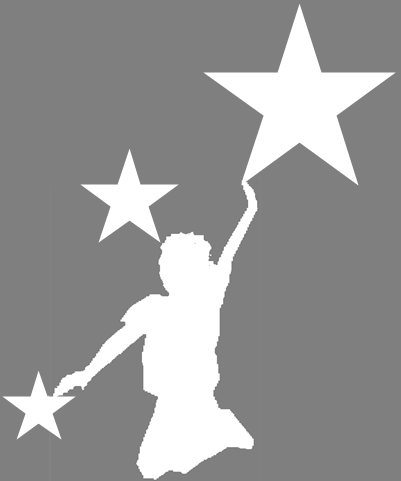FAQs
1) Do I need a referral from a doctor or specialist?
No! Achieve Therapy believes you should be able to get the help you need when you need it. Parents usually contact us directly, but sometimes we do get referrals from a doctor, specialist, or teacher.
2) How long will my appointment go for?
Your initial appointment will be one hour. This allows your therapist time to discuss your concerns and goals, as well as to conduct an assessment to evaluate your/your child’s needs. Regular therapy appointments are usually 30 minutes long. However, Achieve Therapy is happy to be flexible and adjust session lengths to meet your needs. Please talk to your therapist or our receptionist about your preferences.
3) How much therapy will I/my child need?/ How often do I need to come?
Your therapist will work with you to determine the frequency of therapy that best suits you/your child. Generally, we recommend that you attend therapy either weekly or fortnightly. Occasionally, once a month may also be suitable, or a block of more intense therapy may also be helpful. We understand that you are also concerned about the total number of sessions required to help you reach your goals. Every person and child is different, and while we can sometimes give you a guide we can’t predict just how quickly progress will occur. Please talk to your therapist about what they recommend and also let the therapist know your thoughts on how many sessions you would like to attend.
4) Can I access public Occupational Therapy/Speech Pathology at the same time?
Yes, it is possible to see a public and private therapist simultaneously, and this works well in many cases. The keys to success in this situation are:
- Good communication between the two therapists;
- Each therapist should work on separate goals. This is because each therapist takes a slightly different approach, so if they work on the same goals in a different way, this can become confusing to families.
We recommend talking to your Achieve Therapy therapist if you are about to start public therapy about the best options for you/your child. In some cases, we may recommend that you place your private therapy on hold while you get help from the public service.
5) What happens in an assessment/therapy session?
Lots of fun! Assessments involve a discussion with parents regarding your child's background and your concerns, followed by a combination of formal and informal assessment. Informal assessment usually looks like play, but the therapist is usually playing in order to assess one or more skills. During therapy sessions, there is usually a discussion and review of progress and homework, after which new targets may be introduced and practiced. Depending age and needs this may involve play-based activities or more formal table-top activities with an emphasis on achieving challenging new skills in a fun and motivating way. At the end of each appointment, homework is provided.
6) How do I know when my child needs help?
It is never too early to get help! If you or someone you know has concerns about your child’s development, we highly recommend you contact us for a discussion about your concerns and how we can help. We are happy to talk to you on the phone or answer any questions via email. Early intervention is critical to the success of your child, and we strongly recommend you follow up any concerns you have. To help you to decide if your child is meeting their milestones, we are putting together checklists in a range of areas which can be found here.
7) What do I bring to my first appointment?
When you book your initial appointment with Achieve Therapy, you will receive an email or letter confirming your appointment with a list of what to bring, and an information form to complete and return prior to your appointment. To make the most out of your initial appointment, we recommend you send us a copy of any reports you have. This allows your therapist to review information about you/your child before the appointment and plan that initial appointment appropriately.
For children aged 0-5 years we recommend you bring:
- Your child’s blue book
- Favourite toy
- Any reports (including hearing reports)
For school-aged children we recommend you bring:
- Most recent school reports
- NAPLAN report, where appropriate
- Any examples of school work you would like to share with us
For adults we recommend you bring:
- Any reports that you have
